This week I thought I would do something a little bit different. Instead of blogging about a specific disease process, I thought I would dedicate time to answering a very common question I’m asked as a board-certified veterinary internal medicine specialist:
Why does my pet eat grass?
To date, veterinarians have several theories about why our fur babies like to chew on blades of grass. Let’s explore some of them! Happy reading!
Grass – They’re bored
Some veterinarians believe dogs and cats eat grass to pass the time. They are looking for stimulation from the environment, and for some reason, eating grass may provide that for them. I know it’s intriguing to think eating grass can ease boredom, but without definitive evidence either way, I say “never say never!”
Grass – They need to vomit
Dogs and cats manifest nausea in unique ways. Sometimes they are lethargic. Sometimes they drool. Sometimes they even try to make themselves vomit, similar to the classic “boot and rally” of college days. After all, if you purge your stomach contents, you’re good to go, right?! Many believe grass eating is a behavioral phenomenon designed to trigger vomiting and subsequently empty the stomach.
Grass – They have GI disease
Another possible reason for dogs and cats ingesting grass is that such a dietary preference is indicative of an underlying primary gastrointestinal disease. Possibilities include:
- Food hypersensitivity
- Nutrient deficiency
- Inflammatory bowel disease
- Intestinal cancer (e.g.: lymphoma – dogs & cats)
To date, no valid scientific study has definitively correlated grass ingestion with any disease. Further, one dog study found no link to diet or history of gastrointestinal disease. Nevertheless, this theory persists, and certainly additional scientific investigation could be fruitful.
Grass – It’s normal behavior
Many veterinarians believe some dogs and cats like to eat grass. The simple fact is many of our fur babies eat plant material like grass without incidence. Normally, the plant material passed through the gastrointestinal system undigested, and one can find green blades of grass in the feces. A survey of over 1500 dog parents reported 68% of dogs ate plant material on a daily or weekly basis. Grass was the most frequently eaten plant by 80% of dogs. Only 9% appeared ill before ingesting plant material, and only 22% frequently vomited afterwards. Younger age was significantly associated with increased frequency of eating plant material and a decreased frequency of showing signs of illness. Summarily, this study supported the conclusion that planting eating is a normal behavior for dogs. Anecdotally, many of believe the same is true of our feline friends too!
The take-away message about grass ingestion in dogs & cats…
The simple fact is veterinarians don’t truly know why our dogs and cats eat plant material like grass. Maybe these fur kids eat grass simply because they like it. But what if ingestion of plant materials indicates the presence of an underlying disease process? I encourage all pet parents who fur babies eat grass with reasonable frequency to keep a journal of their pets’ weights and other eating habits, as well as consistency of their feces and frequency of vomiting. Pets who abnormal appetites, diarrhea, vomiting, and/or weight loss should be evaluated their family veterinarian as soon as possible.
To find a board-certified veterinary internal medicine specialist, please visit the American College of Veterinary Internal Medicine.
Wishing you wet-nosed kisses,
CriticalCareDVM


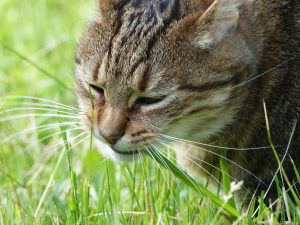

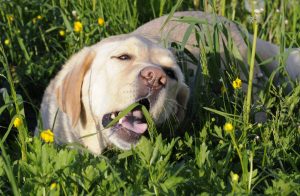
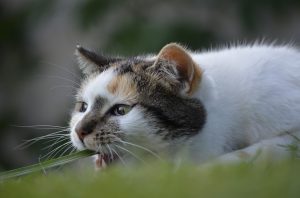
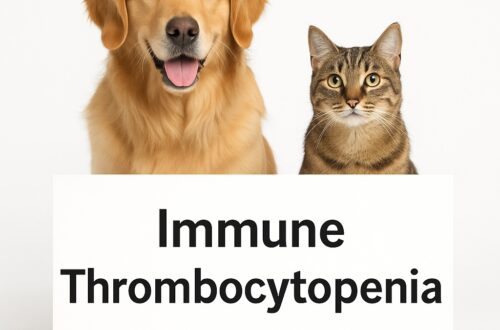
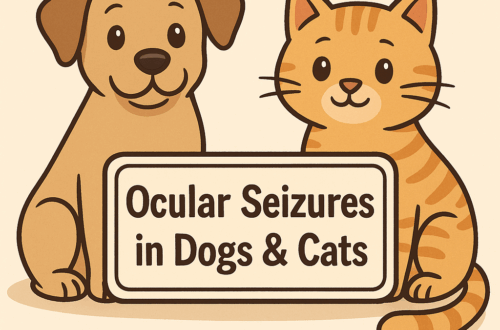
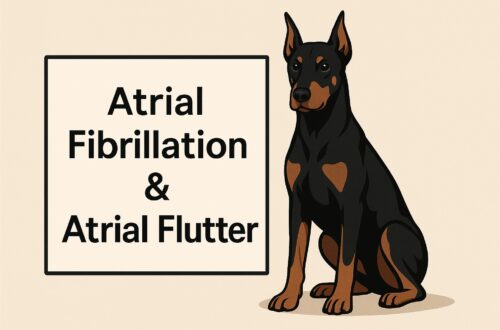
Mi mascota un Perro Lapsasu cuando lo veo ingerir hierba es que se siente mal comprobado
Gracias por tu comentario y por leer mi blog. Entiendo que creas que tu perro come hierba cuando se siente mal. Le recomiendo que busque la atención de su veterinario si el consumo de hierba es un problema recurrente.